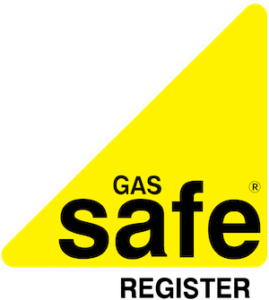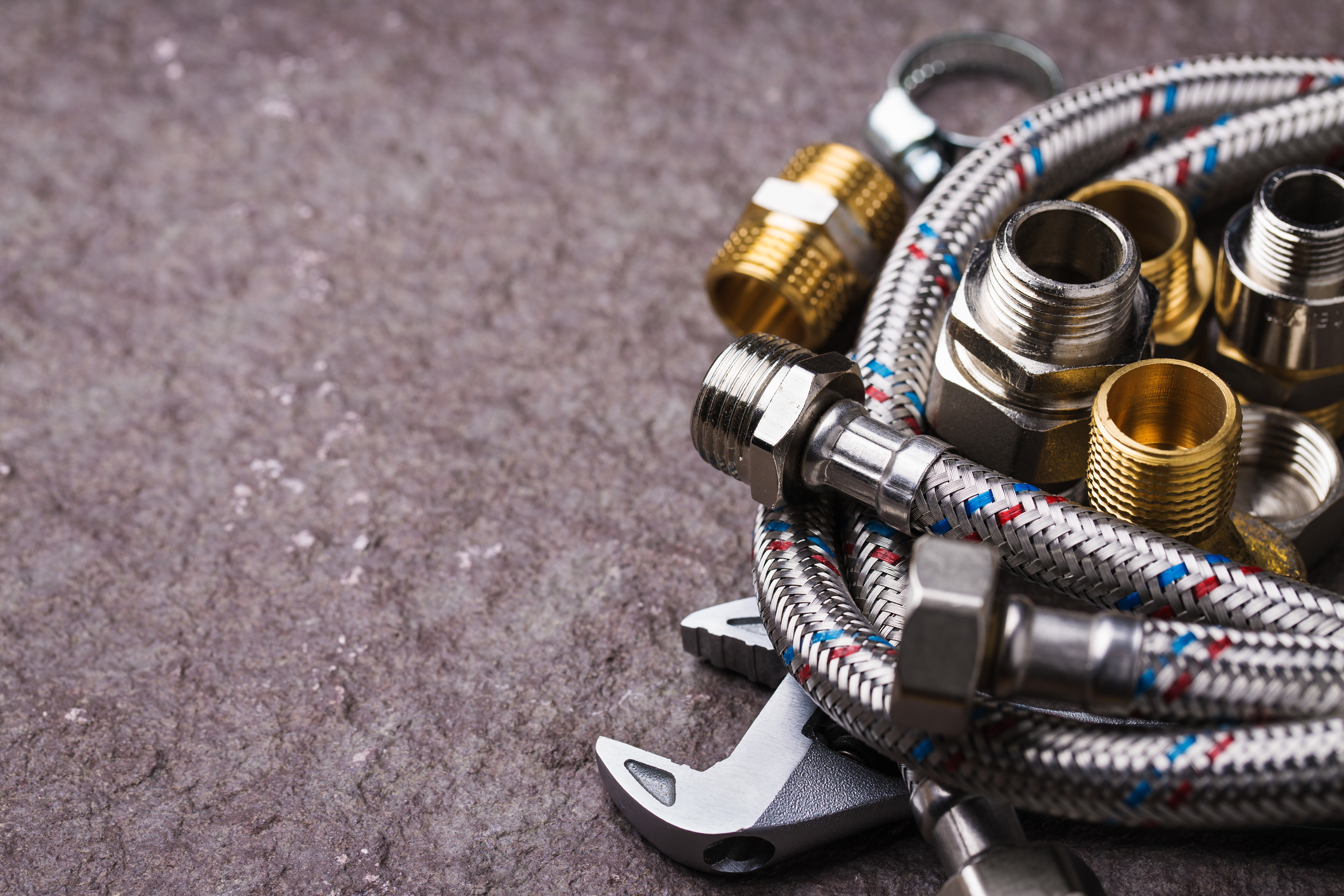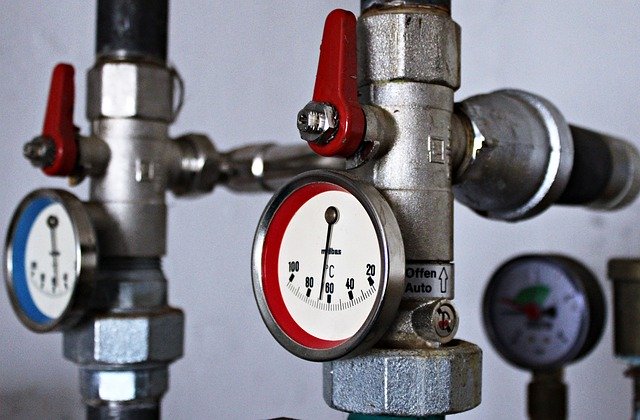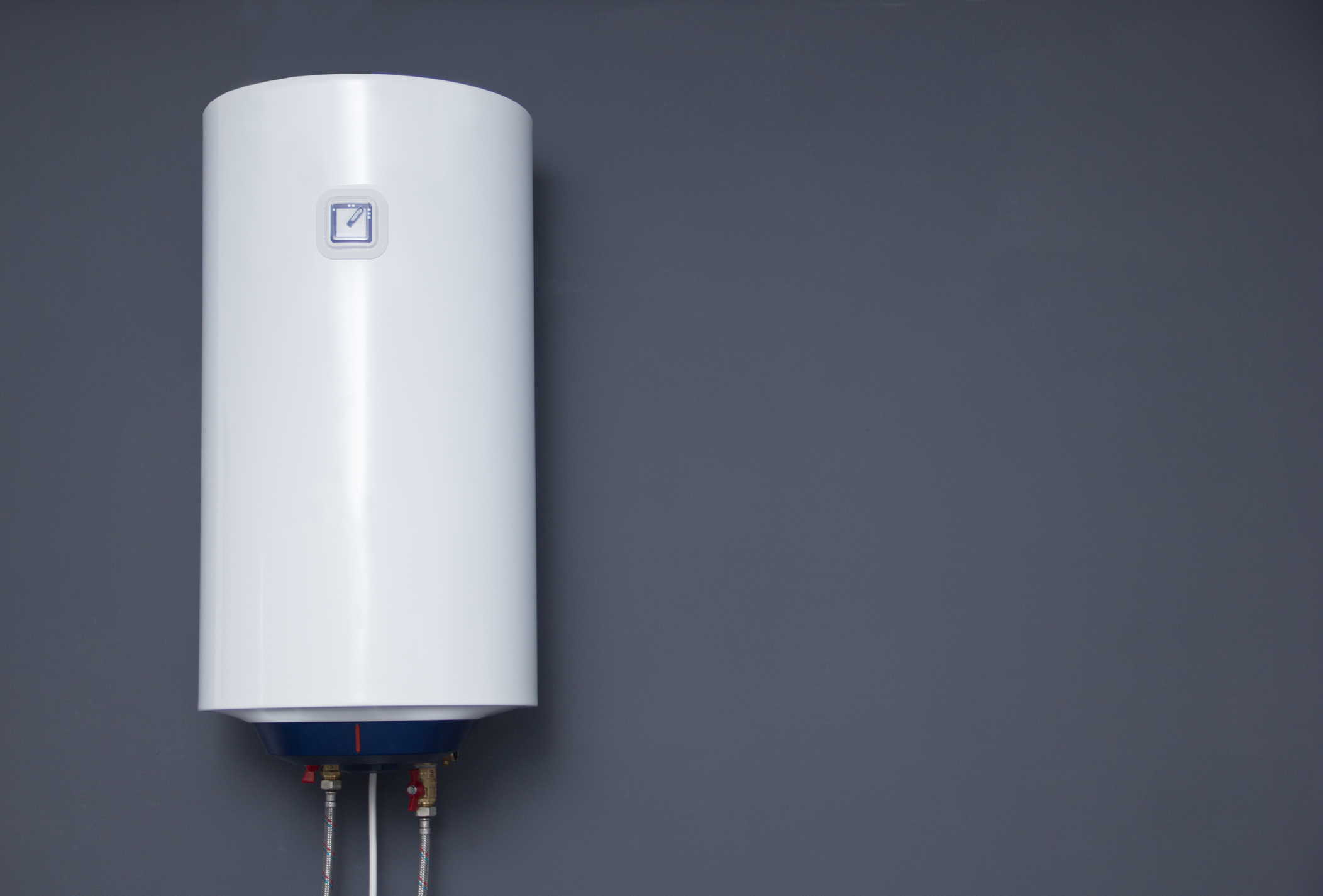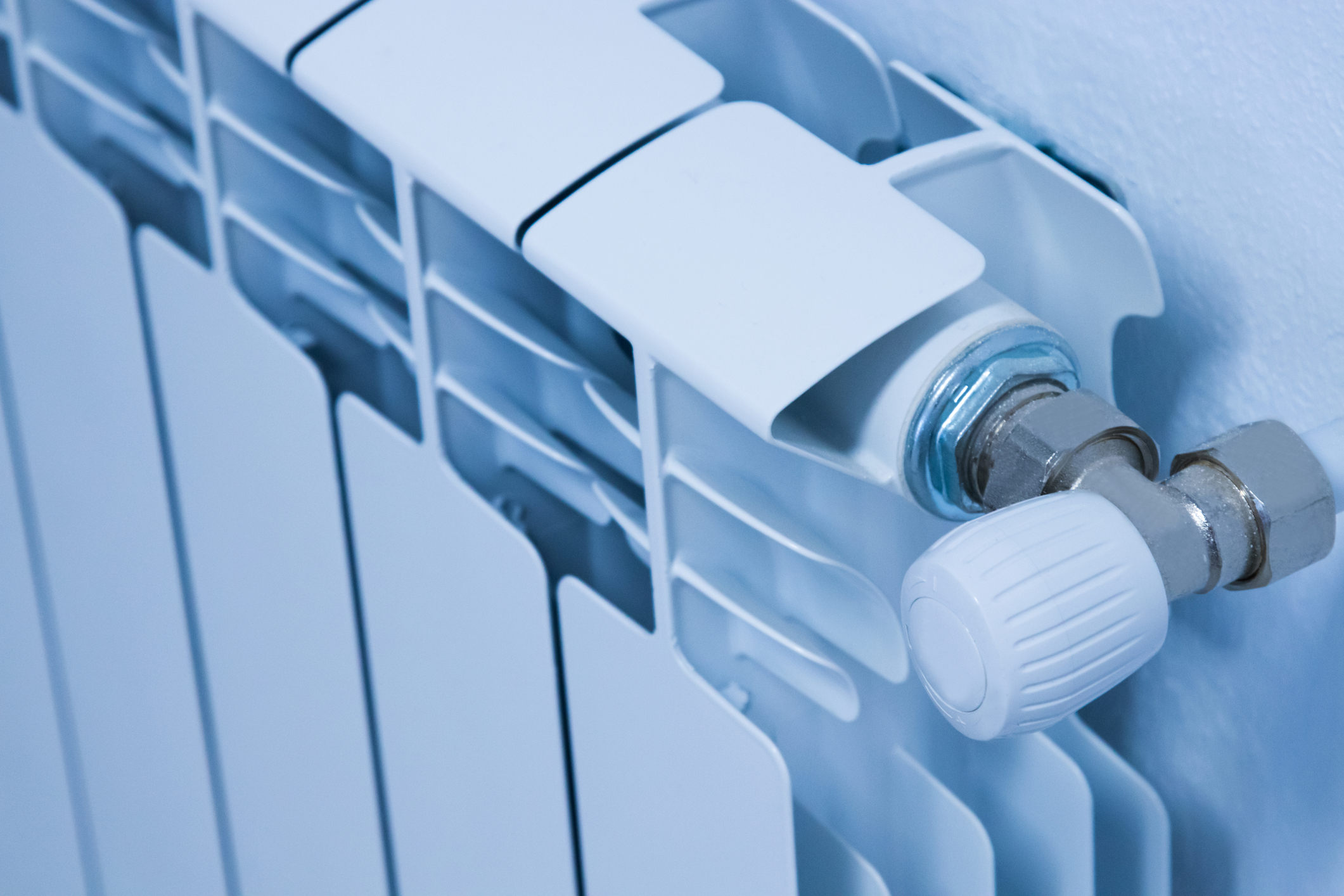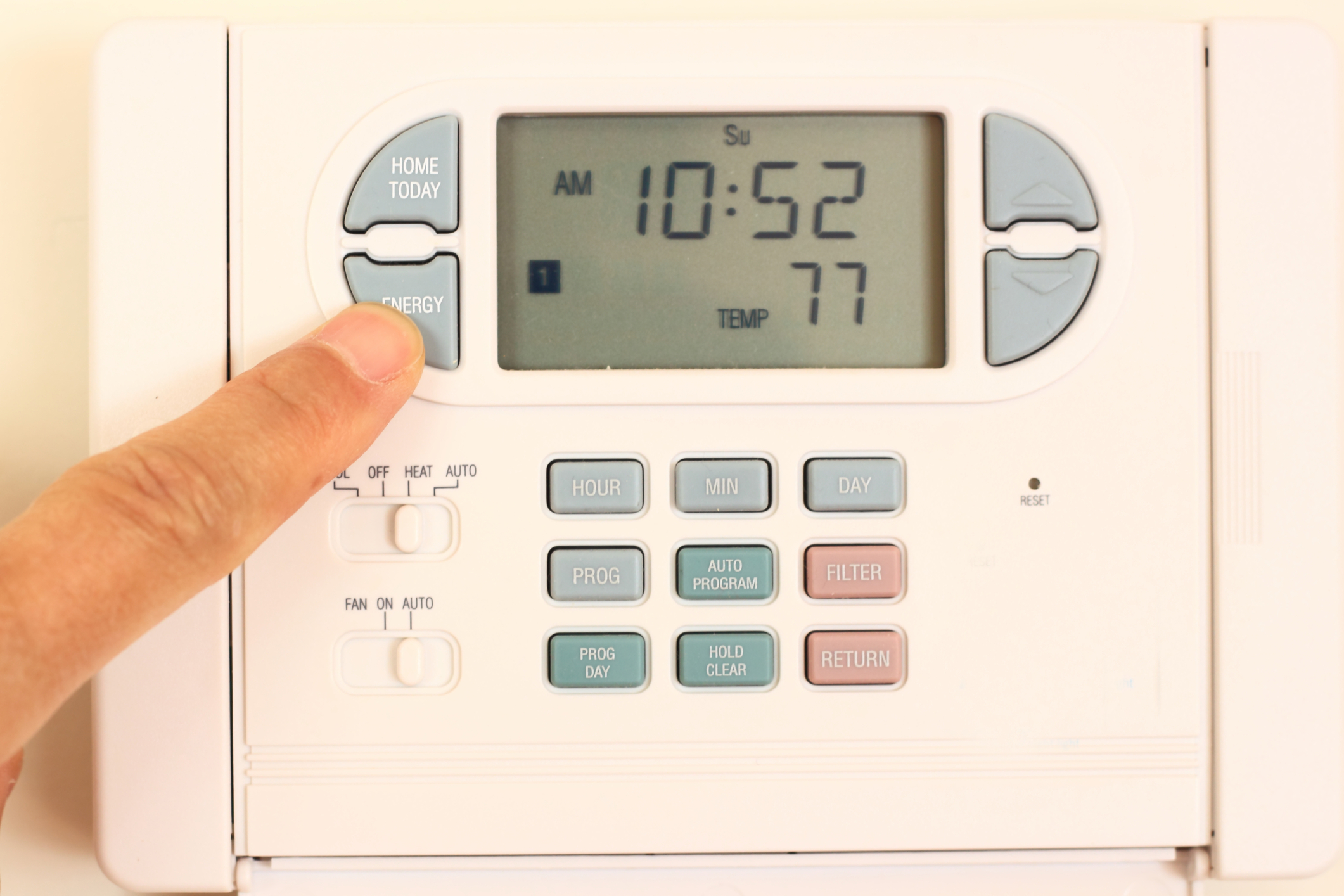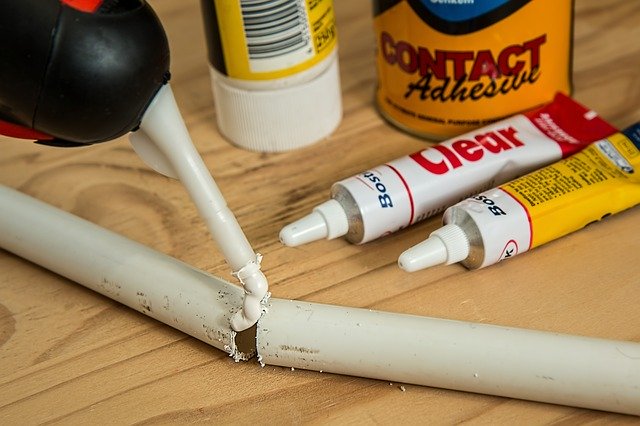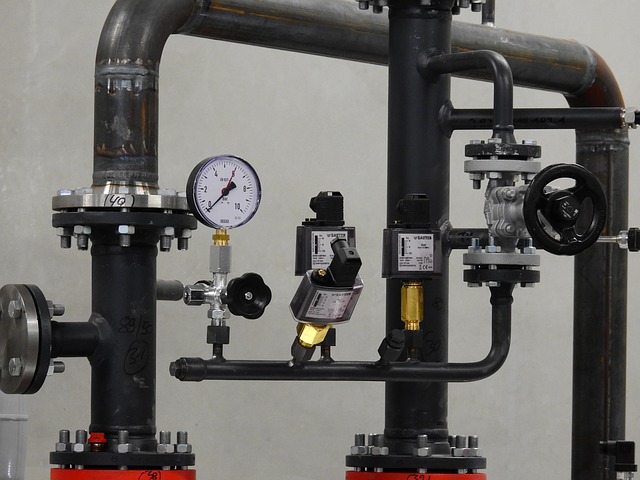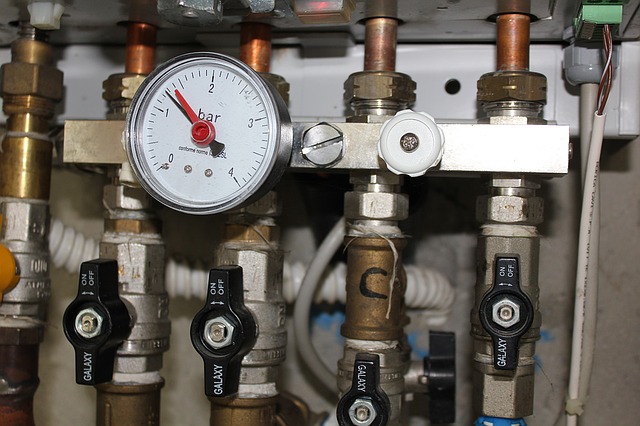Living in London by yourself can be very exciting. Whether you are renting your first flat or buying your first house, nothing can beat the feeling of coming home to a space that is truly yours. After spending years squeezing in with family members and roommates, living on your own can be such a relief.
Having your own place is not all fun and games, though. When you are a homeowner, you are responsible for managing the different elements to ensure that everything runs smoothly. Your tasks can include paying your utility bills, buying groceries every week, and ensuring the home is nice and clean. With all these responsibilities and trips to High Street for errands, it is easy to feel overwhelmed. In all the hustle and bustle, one task that is frequently overlooked, but just as important, is maintaining the systems that tirelessly work to ensure you have running water and consistent heat.
Your plumbing and central heating system are the bare bones of modern indoor living. When these systems fail, your whole day and schedule can get screwed. Homeowners are encouraged to learn how to maintain each part so that the overall systems don’t fail. Besides knowing a few maintenance tips, you should also look into expanding your toolbox and supplies.
Do I Need To Provide Supplies For My Plumber/Engineer?
You might be wondering, “what is the point of getting plumbing/heating supplies if I have my service provider?” While it is true that most service providers offer to purchase the items needed, you don’t have to depend on them. You can invest in these supplies yourself. After all, it is just a quick stop to your local hardware store. You can get quality parts better when you see the store’s options and get items at competitive trade prices.
There are many benefits to purchasing tools and supplies on your own. The main one being your budget. London plumbing & heating supplies are expensive, especially when you purchase them through your local plumber or heating engineer. You have to account for the time and effort they put into sourcing the materials.
Now there is a benefit to working with your plumber or boiler engineer. The first is when they offer deals and discounts you won’t see at the hardware store. And the second is when it is an extremely difficult item to source. Since your plumber or engineer often does similar work in other homes, they can have a large stock of these parts and accessories. Your service provider might have a connection to a business or manufacturer that exclusively sells these parts. In these cases, the convenience may be worth it.
When it comes to finding tools and supplies, it is ultimately up to you. You can ask your plumber or heating engineer to purchase the materials as an extra service, or you can opt to look for them yourself.
Find the best local plumbers in the UK!
How Will I Be Charged For Parts And Materials?
When you work with services like Plumbingforce, the tools are a part of our service. We come with the things we need to get the job done. However, when you need to repair or replace a part of your shower, taps, or pipes – that is considered an additional fee. They will usually walk you through the prices of each piece, and they will be reflected in your final bill.
If you are uncomfortable with the price or you would rather purchase the part by yourself, you are not obligated to follow through on the repair/replacement immediately. If you want to wait, you can. As long as you are okay with losing your water or heating, you can take your time weighing the pros and cons of each suggestion.
Things You Can Buy For DIY-Friendly Tasks
Now not everyone who looks into plumbing and heating supplies is about saving a couple of pounds. Sometimes it can be about learning how to take matters into your own hands and doing DIY-friendly projects. You can separate your shopping list into 3 sections: basic tools, plumbing, and heating.
Basic Tools
Basic tools and supplies cover the section of items that can be useful for plumbing, heating, and DIY projects. They are multi-functional and can be a great addition in any first home.
Adjustable Spanner
An adjustable spanner/wrench can help you tighten or loosen nuts, bolts, and similar items that need a grip that you can’t manually provide. They are especially helpful if you want to replace your magnaclean filter or deal with your leaky pipes.
Screwdriver
For smaller bits and pieces, you need a screwdriver. It can come especially handy when you are trying to install new plumbing fixtures or take out the small clips under your sink. Screwdrivers have different tips, but the most common ones are the flat-head (-) and the cross-head (+). Before you purchase your screwdriver, look at what type you need at home so you can get the most use out of it.
Filters
Both your plumbing and heating system depend on filters to keep the pipework in good shape. The UK’s hard water tends to be harsh, so an additional filter can help slow down debris from building up. Most filters are easy to install, so you should have no trouble finding them online or in your local hardware store.
Lagging Kit
When winter comes around, no one wants a frozen pipe, because you may have to go without proper plumbing and heating. A lagging kit is a way for you to insulate your pipes properly, so it doesn’t freeze overnight. It is always best to get one around autumn and have it installed just before winter comes around to make sure that you won’t have to deal with a frozen condensate pipe or mainline.
Buckets
Buckets may seem like a pretty obvious thing to have on hand, but you might be surprised at how many people forget. When you find yourself draining your central heating system or replacing your sink, you need a bucket to catch the stray water. Get a decent-sized one to avoid frequently emptying it as you go about your task or project.
Sponge and Rags
A lot of maintenance tasks for your plumbing and heating system boils down to keeping your system clean. Having a dedicated sponge and rag can make it more convenient for you.
Plumbing
If you are ready to roll up your sleeves and get to work, you can get these plumbing supplies to get started.
Toilet Plunger/Auger
Toilet blockages happen all the time, and it doesn’t take a lot of work to address them. Invest in a solid toilet plunger and make sure the rubber is soft and flexible. If a toilet plunger doesn’t do the trick, you can look into a toilet auger or toilet snake.
Toilet Flapper
The toilet flapper is one of the first parts of your toilet that needs to be replaced. When it is old, it lets water past and creates multiple flushes. Leaving the problem alone can make for costly water bills, so it is best to address it immediately.
Flush Valves
If you have a more modern toilet, you might have a flush valve instead of the regular toilet flapper. It is also something you can replace by yourself. Flush valves usually come in different sizes, but a universal one might do the trick. You can always look at your current model’s specs and ask your sales representative for a match.
Plumbing Accessories
You can look into getting other plumbing accessories like showerheads, chrome-finished taps, gauges, pumps, and other fittings for upgrading your bathroom.
Connect with the best local plumbers and boiler engineers near you
Heating
Your heating system may be dependent on your boiler engineer, but there are a handful of things you can have on hand, so you don’t have to go without heating for long.
Radiator Key
Most people can use an adjustable wrench to bleed their radiators, but you can also have a radiator key or bleed key. It is a small device that does the same job, but will not put the same wear on your valve.
Replacement Valves
If you live in an old home, your radiators are bound to have a bit of rust and limescale build-up in the system. A bit of trapped air, 5-10 years ago that wasn’t addressed can create sludge and damage your valves and pipes. Having replacements on hand means you can have it taken care of when you manage to get your plumber or heating engineer around.
Thermostat
Most homes probably have a thermostat, but you should definitely consider getting a smart one if you are looking for a replacement. Smart thermostats cover the basics like setting your heating and hot water schedule. However, they go beyond the regular programmable one because they have systems in place to be more energy efficient.
The savings you make with a smart thermostat depends on the model and your usage. However, to get a general figure Nest Learning Thermostat claims to save 10-12% for heating and 15% for cooling in energy bills for their clients. It may be negligible for the first few months, but think about long-term use? Hint: it adds up.
Boiler Spare Parts
While there is little you can do for major boiler repairs, you can still get spare parts to prepare for possible breakdowns. If you are a business that cannot afford to lose heating, having some of the common supplies on hand can minimise the wait time.
When it comes to finding plumbing/heating supplies in London, you can either visit the top-rated plumber store near you or simply order online. When you cannot inspect the product in person, user reviews are a great reference if you are unsure.
If you are too busy or you don’t want to deal with the usual London traffic, most businesses offer delivery services. With that, you don’t have to make the trip down to High Street in London. Plumbing/heating supplies should arrive straight to your doorstep.
However, when it comes down to it, you can always depend on your service provider in London to help you find your plumbing/heating supplies instead. For any last-minute hiccups, Plumbingforce has same day service for issues you may have. Whether it is blockages in your drain or a noisy boiler, you can book our services online or call us.

